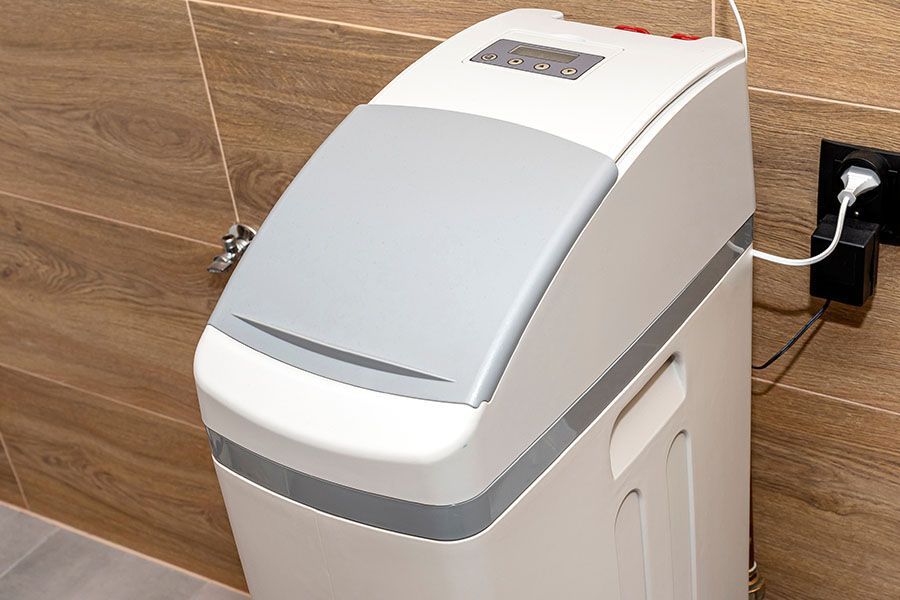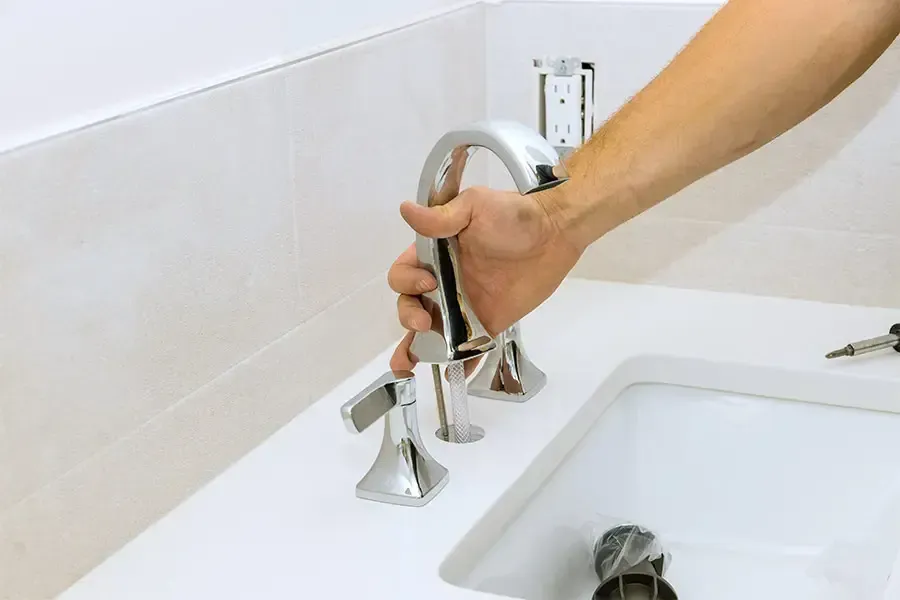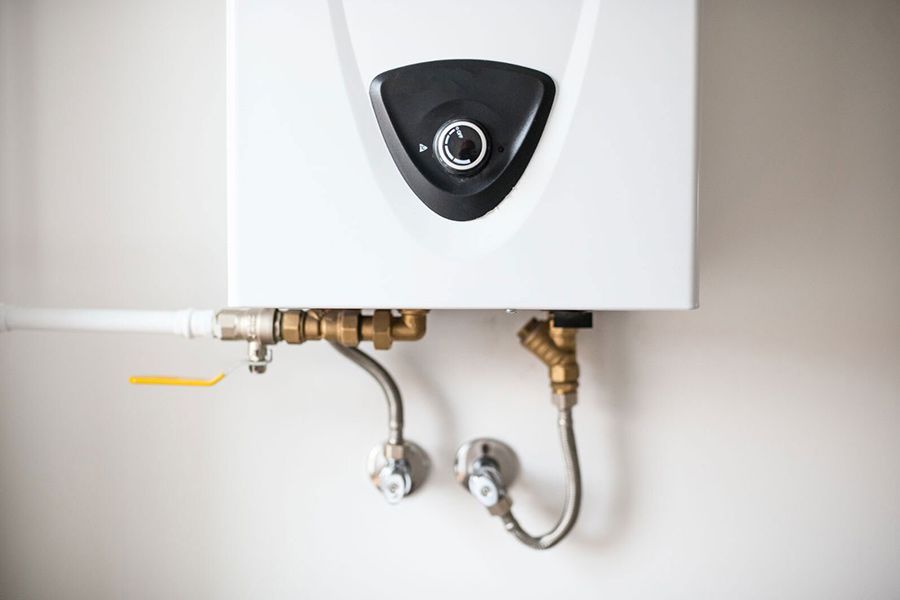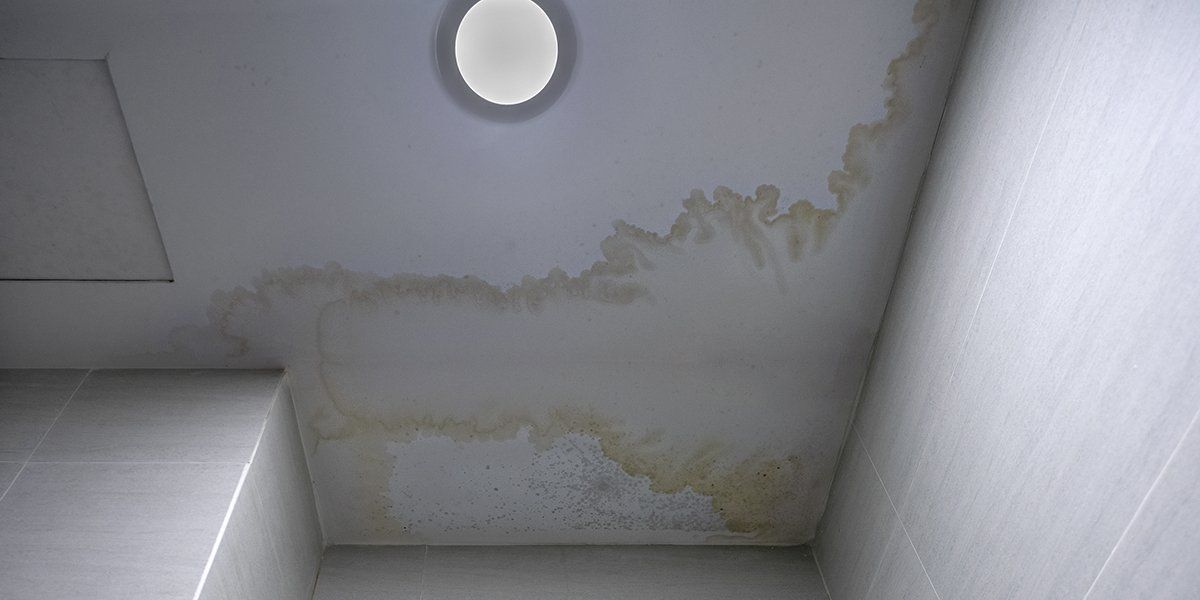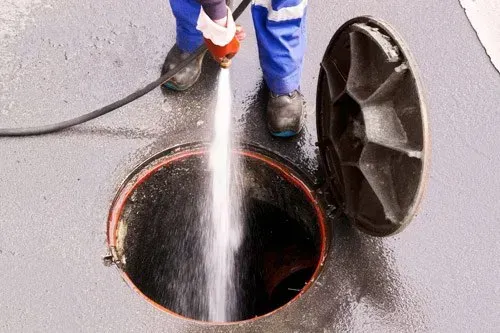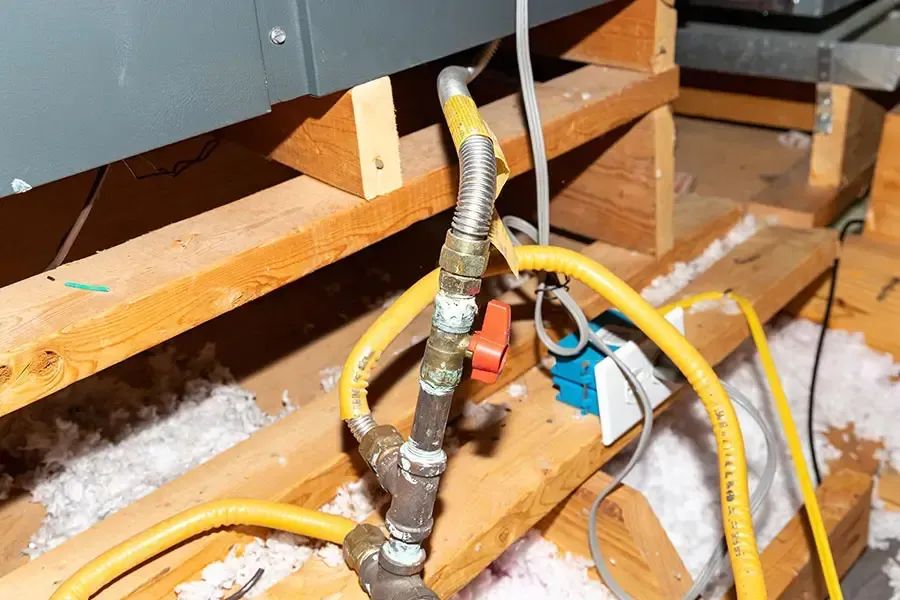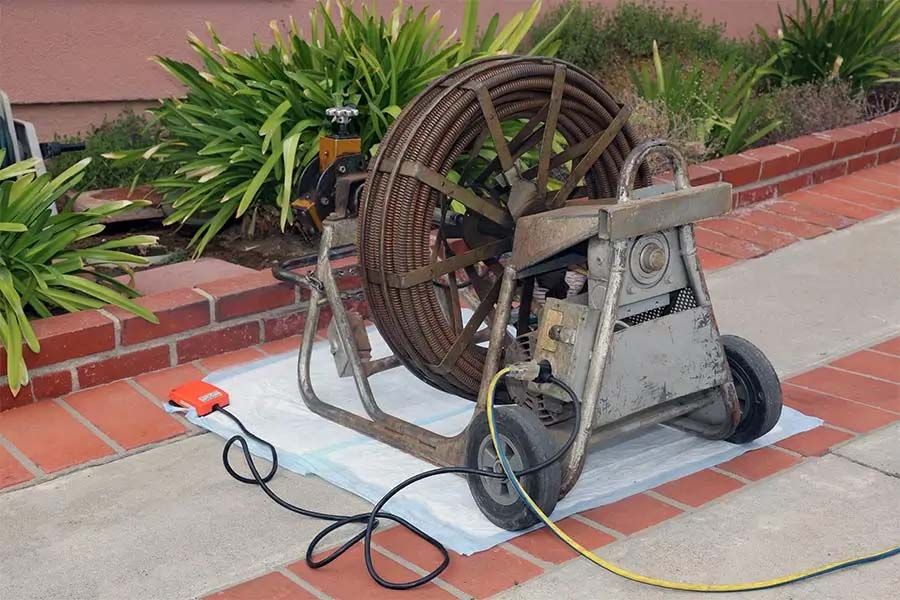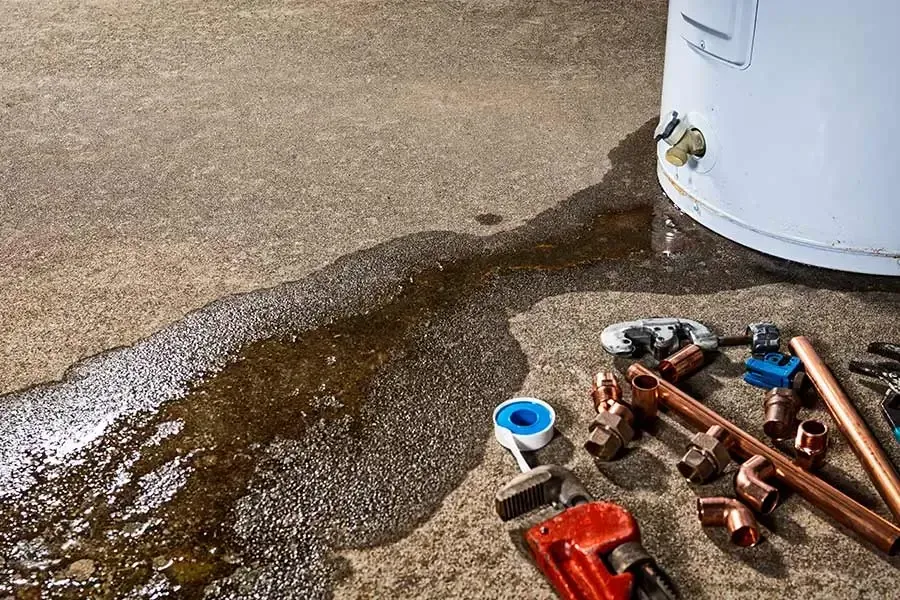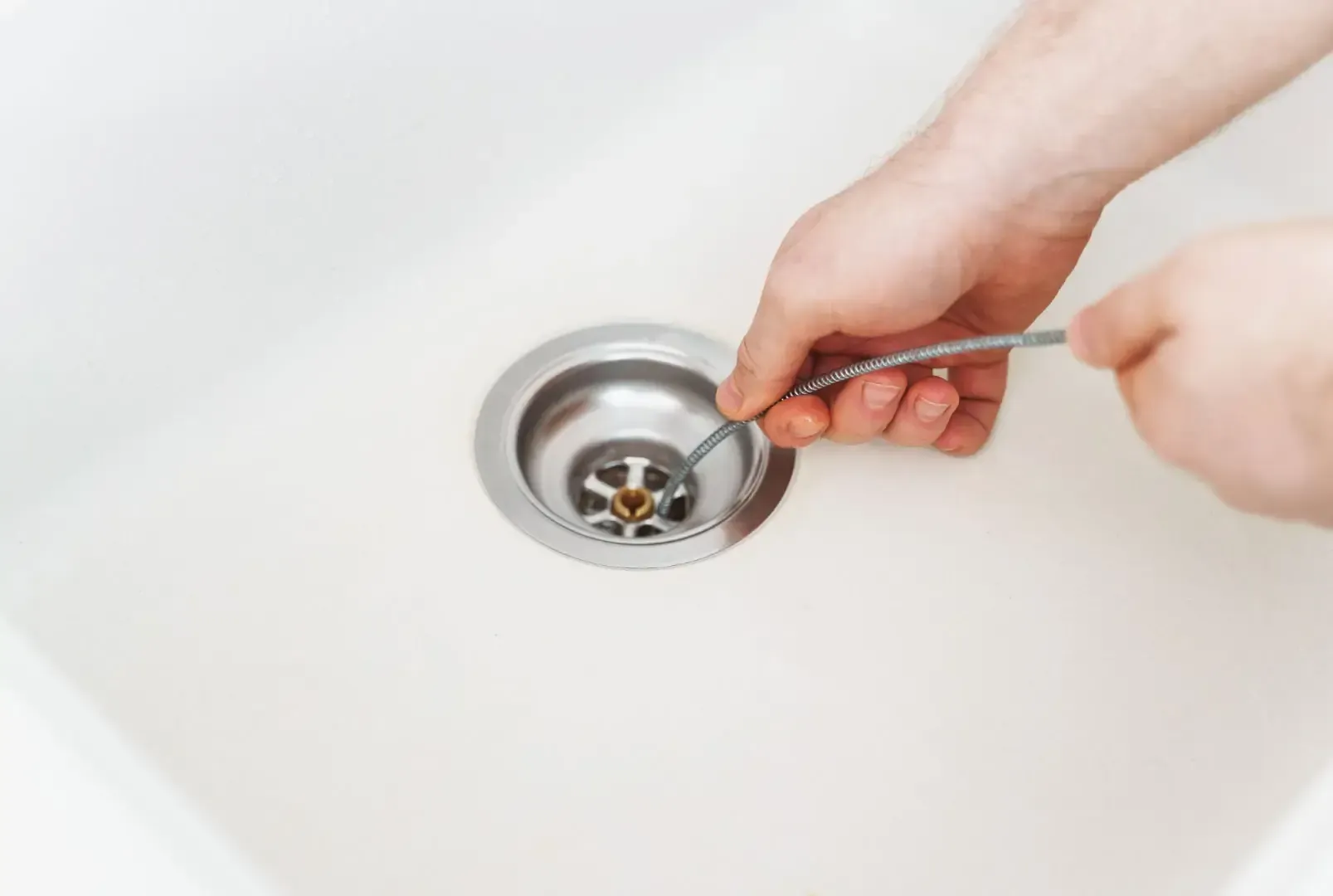5 Most Common Sewer Problems: A Brief Guide
The sewer line is one of the most important components of any residential or commercial plumbing system. Due to this significant role, sewer problems can become detrimental to both a plumbing system's infrastructure and the structural integrity of the property itself. So, catching a problem early proves integral to protecting your property from expensive damages.
If you notice something doesn't seem quite right with your sewer system, you should call a repairman as soon as possible. A plumber can detect many sewer issues before the damage gets out of control. Thus, an early call can save you money in the long run.
Keep reading to find out more about signs and common sewer problems from Wickliffe's sewer repair service, Formica Plumbing & Sewer Co.
Signs That You Have a Sewer Problem
The most common symptoms of sewer problems include the following:
- Foul or sewage smells: Foul smells surely indicate a sewage issue. If you notice an unusual odor like rotten eggs, sewage, or a skunk in your building or around your property, you likely have a sewer problem.
- Gurgling or slow drains: If your drains empty water at an increasingly slow rate, you may have a sewer issue. Slow drains normally indicate a clog, which will build up and worsen over time if not treated by a professional. If your drain produces gurgling noises while emptying water, this can also indicate a clog somewhere in your sewer or plumbing system.
- Excessively green or soggy patches in your yard: Though we all love green lawns, if you notice that your grass looks abnormally green, sewage may have started to leak into your yard from a cracked or broken pipe. Furthermore, lawns that have developed soggy patches may also indicate this kind of leak.
- Inconsistent toilet water level: Your toilet's water level is an almost sure indicator of a sewage issue. If you notice inconsistency in the water level of your toilet, a clog or leak in your sewer and drain pipes may be the problem.
Top 5 Causes of Sewer Problems
Now that you know the common symptoms of sewer problems, let's look at the most likely causes of sewer problems according to the experts at Formica Plumbing:
1. Blockage
Any clog or blockage in your pipes can cause sewer problems (such as slow draining of water and, in some cases, the regurgitation of dirty water through the draining system or toilet). Objects that may cause blockages include built-up paper, foreign objects, kitchen grease or fat, and other scum and debris.
You should call a plumbing expert as soon as possible if you believe your system has clogged. Often, when a clog forms, household chemicals cannot help or may even worsen sewer issues.
2. Cracks, Misalignment, or Collapsed Pipes
When your pipes freeze and unfreeze constantly, pipes can easily explode or crack. This particularly happens when stagnant water sits in the pipes, as constant movement prevents the liquid from freezing in cold temperatures. Shifting and frozen ground can also cause pipes to become misaligned or even collapse.
As the pipes shift, the joints may also begin to fail. So misaligned pipes may cause the joints to loosen and thus leak.
3. Tree Roots
Many scientists have studied the phenomenon of why pipelines attract tree roots. Tree roots can sense both the liquid and heat that moving water produces in underground pipelines (particularly if there is a leak). So these roots grow in search of the potential water and nutrients they will find inside the pipes.
Thus, tree roots can infiltrate the piping of your sewer system, causing cracks, misalignment, and breakage in your pipework. In this case, an expert must remove the tree roots and repair the pipeline to ensure your system functions normally.
4. Corrosion and Deterioration
Old or metal pipes become corroded over time. One of the best types of piping to use in a plumbing system is PVC, a type of highly-resistant plastic that proves less likely to disintegrate over time. Systems that do not use this material can experience pipe corrosion after several years of use.
The deterioration and corrosion of pipes can wreak havoc on your sewage system, causing leaks and potential pipe collapses due to weakened areas of the pipeline.
5. Bellied Pipes
When using the term "bellied pipe," plumbers refer to a section of the pipeline that has sunken into the ground. Any of the events mentioned above can cause a bellied pipe, as well as excessive rainfall that may cause the soil to lack resistance against heavy weight.
How To Prevent Sewer Problems
Some suggestions on how to prevent sewer problems include:
- Avoid household drain chemicals: Though household chemicals used to eliminate clogs in a plumbing system often make an effective option, they can prove detrimental in old pipework. These chemicals can corrode pipes, eventually causing weak spots that can crack and break over time.
- Do not throw grease or foreign objects into your toilet: Many consider the toilet as the most convenient location to dispose of all types of waste. Flushing foreign objects and grease down the toilet, however, can cause blockages and sewer clogs, resulting in expensive repairs.
- Schedule septic tank inspections: It is a good idea to schedule a professional inspection of your septic tank every 3-5 years. Allowing a plumber to inspect your septic tank and sewage system regularly can prevent sewer problems, as these professionals may catch a potential issue before it becomes a huge and expensive problem.
Sewer Repair Experts in Wickliffe, OH
If you notice any sewer problems or symptoms of possible issues, contact Formica Plumbing & Sewer Co. ASAP. Since our founding in 1960, we have dedicated ourselves to providing the community of Wickliffe, OH, with convenient and trustworthy plumbing and sewer installations and repairs.
For expert treatment of sewer problems, call Formica Plumbing & Sewer Co. at
440-485-3850 today! For more helpful tips and solutions regarding plumbing and sewer repair, such as
sewer dye testing and repair, you can also check out our blog.
